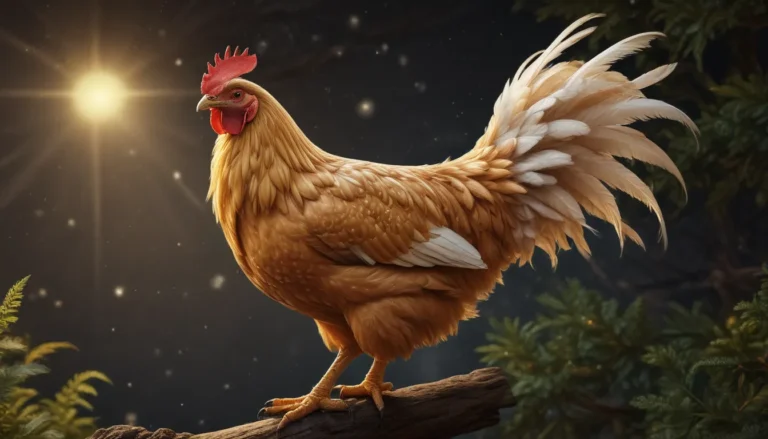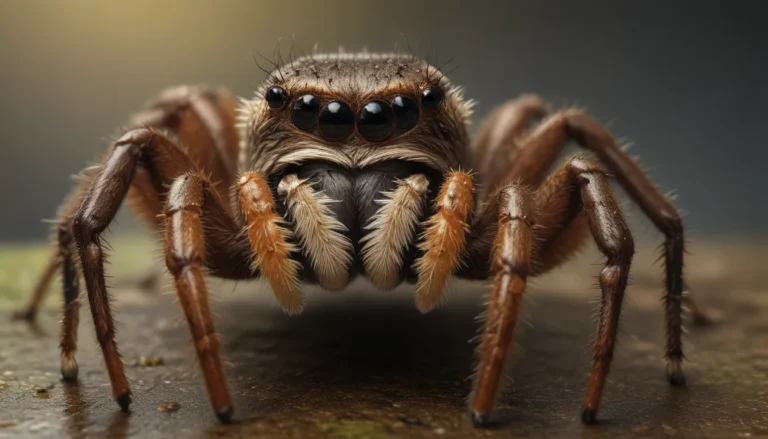The pictures we use in our articles might not show exactly what the words say. We choose these pictures to make you interested in reading more. The pictures work together with the words but don’t take their place. The words still tell you the important facts.
Ferrets are captivating creatures that have captured the hearts of many as popular household pets. Their playful nature and mischievous antics make them ideal companions, especially for kids. In this comprehensive guide, we will delve into the world of ferrets and uncover ten intriguing facts about these unique animals. Whether you are considering getting a pet ferret or simply curious about these adorable creatures, this article aims to educate and entertain both children and adults alike. From their social behavior to their carnivorous diet, there is so much to discover about ferrets. So, let's embark on a journey of exploration and unravel the secrets that make ferrets such beloved pets!
Discover the Enchanting World of Ferrets:
- Ferrets are small domesticated mammals that belong to the weasel family. Their playful and curious nature has made them popular pets for thousands of years.
- One of the most distinctive features of ferrets is their unique musky smell. They release this odor from scent glands near their anus to mark their territory.
- With patience and consistency, ferrets can be trained to perform tricks and respond to commands. Their intelligence makes them a joy to interact with and train.
- Ferrets are nocturnal animals, meaning they are most active during the night. This characteristic makes them suitable companions for individuals who prefer evening playtime.
- As carnivores, ferrets have specific dietary requirements high in protein. Providing them with a balanced diet is crucial for their health and well-being.
- On average, ferrets have a lifespan of 6 to 8 years. Proper care, nutrition, and regular veterinary check-ups can help prolong their lives.
- Ferrets are social animals that thrive on companionship. Keeping them in pairs or small groups is beneficial for their mental and emotional well-being.
- Their natural curiosity and love for exploration make ferrets excellent playmates. Providing them with toys and opportunities for interactive play is essential for their stimulation.
- Despite their small size, ferrets have a flexible skeletal structure that allows them to squeeze through narrow spaces with ease.
- Beware of your shiny objects! Ferrets have a habit of stealing and hoarding items like keys, jewelry, and trinkets as part of their natural instincts.
Embrace the Charm of Ferrets in Your Home:
Ferrets are not just pets; they are fascinating companions that bring joy and amusement to the lives of those around them. Their playful demeanor, coupled with their sociable nature, make them ideal for families, especially those with children. By learning about ferrets and understanding their unique characteristics, kids can form a deeper bond with these lovable creatures. From their mischievous antics to their inquisitive behavior, there is always something new to discover about ferrets that will captivate young minds.
FAQs: Unraveling Common Questions About Ferrets
Q: Are ferrets good pets for kids?
A: Yes, ferrets can be excellent pets for kids due to their sociable nature and playful interactions.
Q: Do ferrets require a special diet?
A: Yes, ferrets require a high-quality, meat-based diet to meet their specific nutritional needs.
Q: Are ferrets prone to biting?
A: Ferrets may nip when threatened, but with proper training, biting can be minimized.
Q: Do ferrets need a lot of exercise?
A: Yes, ferrets are energetic animals that require daily exercise for their well-being.
Q: How long do ferrets live?
A: On average, ferrets live for 6-10 years with proper care and attention.
Q: Are ferrets low maintenance pets?
A: While relatively low maintenance, ferrets still require regular care and attention.
Q: Can ferrets be trained?
A: Yes, ferrets are trainable and can learn tricks with patience and positive reinforcement.
Q: Do ferrets get along with other pets?
A: Ferrets can coexist with other pets if introduced properly and supervised.
Q: Are there legal restrictions on owning a ferret?
A: Check local laws and regulations as some areas may have restrictions on ferret ownership.
Q: Do ferrets need vaccinations?
A: Yes, ferrets should be vaccinated against common diseases for their health and safety.
Join us in the captivating world of ferrets and uncover the wonders of these remarkable creatures. From their endearing personalities to their playful antics, ferrets are sure to leave a lasting impression on all who encounter them. Dive into the adventure of ferret ownership and discover the joy and fulfillment they bring to your family. Trust in our dedication to providing accurate and engaging content as we uncover the secrets of the animal kingdom for you to enjoy.






